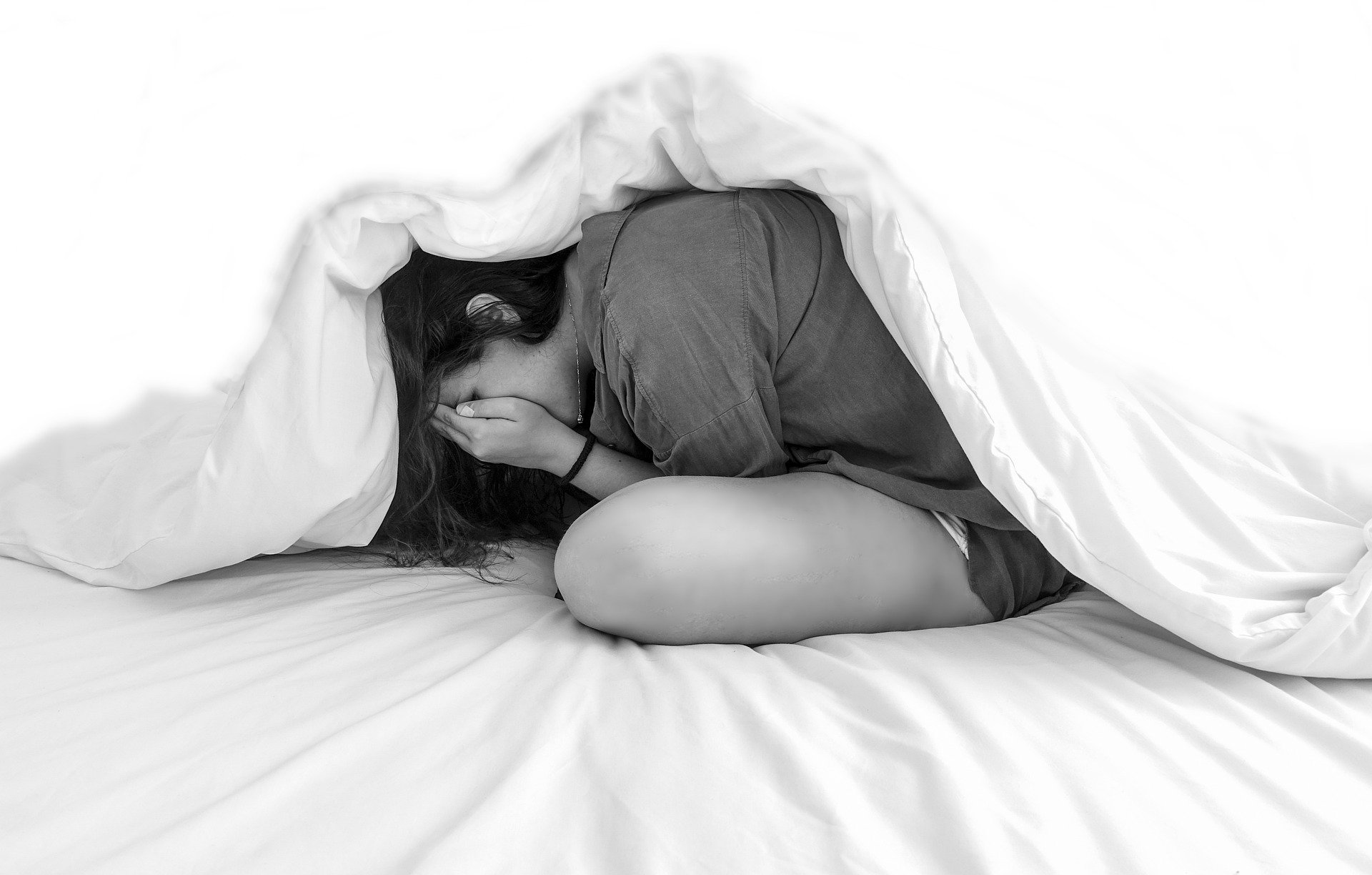Panic attacks may strike at any time. They can come with palpitations, chills, nausea, shortness of breath, a sudden fear of dying, and many more frightening symptoms. Unfortunately, it’s difficult to anticipate when you may experience panic attacks. They can occur even in the middle of your slumber.
If you have already experienced panic attacks at night, you know how difficult it can be to calm down and fall asleep again. Over time, repeated nighttime panic attacks can even lead to insomnia. If you struggle with regular panic attacks at night, you should consider seeking professional help. The mental health expert can perform a diagnosis and customize a treatment plan for you.
Here are some ways on how to calm your panic attacks at night:
Don’t try to fight the panic attack
When you wake up in a panic, don’t try to fight it. If you try to resist the panic attack instead of simply accepting that it is happening to you, your symptoms could worsen. Even though it is difficult, lay down and let the panic attack happen. Try to stay calm and remind yourself that it will be over in a few minutes.
During your panic attack, or immediately after it, you can try to calm your mind and your body by focusing on your breath. Try this simple breathing exercise: inhale slowly through your nose. Let your entire abdomen rise, and not simply your chest. Then, slowly exhale through your mouth. Repeat these steps until you feel calm.
Seek help
If you sleep with a partner and your panic attacks wake him up, you should be able to find some comfort by speaking with him a few minutes before getting back to sleep. If you live alone, calling a loved one in the middle of the night to talk to him might not be a good option. Instead, focus on positive thoughts and images. You could picture the comforting smile of a friend in your mind, relive good memories, or think about adorable puppies.
If you need help to cope with your nighttime panic attacks, you should seek professional help. Take an appointment with your doctor, speak to a therapist, or consider treatment at a mental health clinic. Panic attacks are manageable and treatable, so you should not simply endure them if they don’t go away on their own.
Calm your mind
Staying in bed and trying to stay calm might not work if being afraid of having another panic attack is keeping you wide awake. Instead of tossing and turning in bed for hours, get up and do something. You could get up and get a glass of water, go for a short walk, do light stretches, or listen to calming music. When you feel calm and tired again, go back to bed. Falling asleep might be a lot easier then.
Meditating before going to sleep could help prevent your panic attacks, but it could also help you relax after you’ve had one. If you are new to meditation, consider taking a meditation class or trying a guided meditation online.
Create a panic cheat sheet
When you find a few things that help you calm down and feel better after a panic attack, you should create a panic cheat sheet and keep it by your bed. On this cheat sheet, write down some instructions on how to cope with the way you are feeling. Also, add reminders that this is a temporary situation that will be over in a few minutes. The next time you wake up in a panic, looking at this sheet should help you calm down.
You should also make sure you are ready for the next day. If you are anxious about the following day, prepare yourself by making a to-do list and ensuring your clothes and everything else you need are ready.
Take action to prevent panic attacks
You can try doing some activities to prevent panic attacks from happening. One of the most important things you can do is make sure you get enough sleep. If you go to bed very late when you know you have to get up early the following day, you might spend your night waking up to check the clock, which will make you anxious and more likely to have a panic attack.
Avoid coffee, alcohol and sugar before going to bed. It’s no secret that caffeine can make us feel jittery and anxious, but it’s also preferable to avoid consuming alcohol and sugar before you sleep. Also, avoid staring at a screen in the late evening. Phones, tablets and computers emit blue light that could harm the quality of your sleep if you stare at their screen less than an hour before going to bed.


